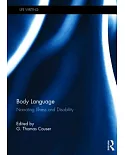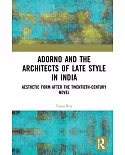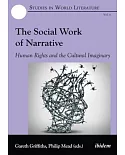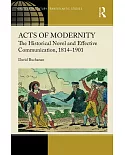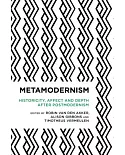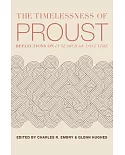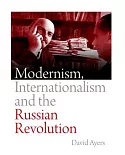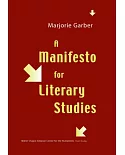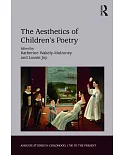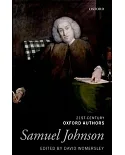"Every novelist's work contains an implicit vision of the history of the novel, an idea of what the novel is," Kundera writes. "I have tried to express here the idea of the novel that is
inherent in my own novels." Kundera brilliantly examines the work of such important and diverse figures as Rabelais, Cervantes, Sterne, Diderot, Flaubert, Tolstoy, and Musil. He is especially
penetrating on "perhaps the least known of all the great novelists of our time," Hermann Broch, and his exploration of the world of Kafka's novels vividly reveals the comic terror of Kafka's
bureaucratized universe. Kundera's discussion of his own work includes his views on the role of historical events in fiction, the meaning of action, and the creation of character in the
postpsychological novel. His reflections on the state of the modem European novel are as witty, original, and far-reaching as his fiction.


